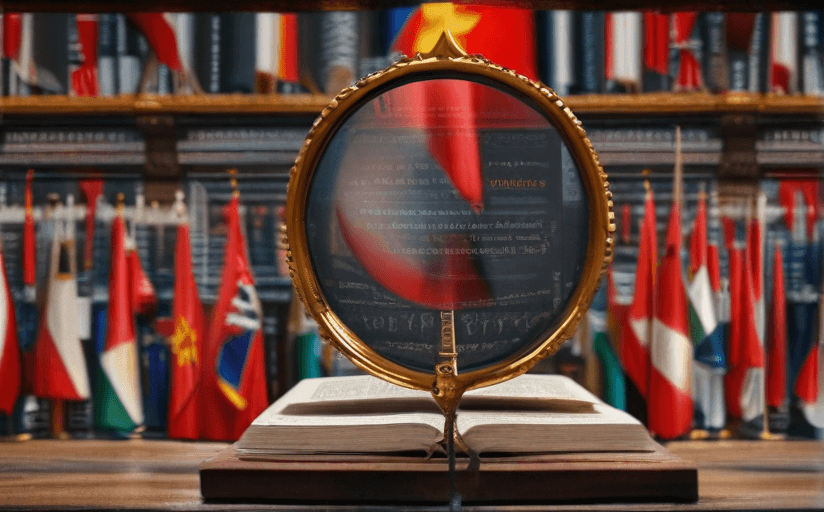Political Correctness and Its Impact on Modern Literature
Introduction
Political correctness, a term which defines our society's progressive lean towards inclusivity and respect for all, has considerably moulded the fabric of modern literature. This article will delve into the degree of this influence, its implications and the varying dynamics it creates among authors, readers and publishers.
Authors, Publishers and Readers
The interplay between authors, publishers, and readers has been largely affected by the rise of political correctness. Authors tread carefully to avoid backlash, while publishers scrutinize to ensure the content aligns with contemporary standards of acceptance and respect. Readers, through their power of interpretation and purchase, broker the success of politically correct literature. Demand for diverse narratives rooted in genuine experience rather than stereotyping has grown manifestly.
Fictional Characters and Narratives
The emergence of politically correct narratives has reshaped the creation of fictional characters. Increasingly, authors strive to portray rounded characters, deviating from clichéd roles and stereotypes. The demand lies in presenting authentic experiences, perhaps at times uncomfortable, over commonly accepted generalizations. Despite this, controversy often follows due to perceived oversimplification or misrepresentation, fuelling further debate around political correctness in literature.
The Evolution of the Literary Landscape
Literary genres and styles have evolved, with a melting pot of diverse narratives entering the mainstream. The novel form, in particular, has seen a rise of voices from marginalized communities, challenging the previous lack of representation. Nonetheless, the trajectory of political correctness in literary evolution has also been accused of limiting creative freedom, leading to the sanitization of literature.
Backlash, Controversy and Criticism
Despite the progression towards more inclusive narratives, the movement towards political correctness has not been devoid of criticism. Critics argue that this cultural sensitivity might lead to self-censorship, hindering the literary arts. The role of an author, they argue, should revolve around truth-telling, irrespective of political correctness.
Implications for the Future of Literature
The impact of political correctness provides a rich, evolving landscape for modern literature, driving a more balanced representation of characters and narratives. However, the tension between representation and freedom of speech remains an enduring challenge.
Significant Works and Authors
Authors who have successfully navigated this cultural shift include Chimamanda Adichie with 'Americanah', a novel tackling race and identity. Harper Lee’s 'To Kill a Mockingbird' discerns racism's ugliness despite being embedded in controversy due to its use of racial slurs, illustrating the complex intersection of political correctness and literary critique.
Conclusion
In conclusion, political correctness has undoubtedly left an indelible mark on modern literature by promoting inclusivity and representation. However, the balance between the safeguarding of rights through politically correct norms and the preservation of literary freedom continues to serve as a riveting point of contention and exploration.



















Comments
Leave a Comment